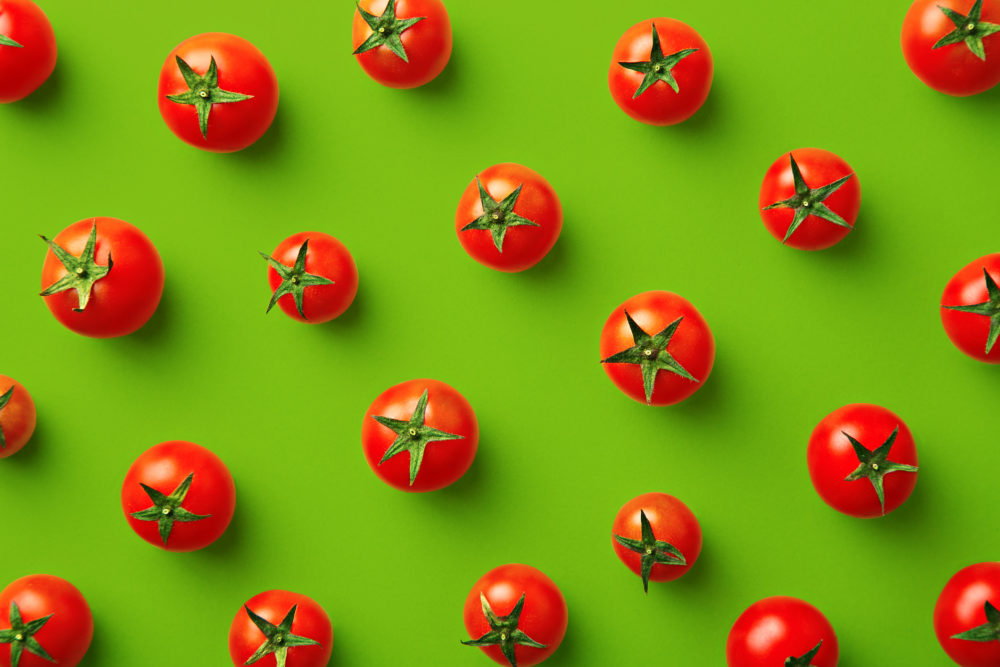A growing number of startups are working on developing agriculture technology that may feed people in space while helping protect the environment.
If you’re having a flashback of Matt Damon fertilizing soil and growing potatoes in his garden on Mars as he does in the 2015 film The Martian, the emerging technologies and business plans of many real-life agritech startups are even stranger and more ambitious than fiction.
With the help of government agencies including the National Aeronautics and Space Administration, these companies are working on food tech that may also play a role in mitigating the impact of climate change on Earth.
“We’re going to need food in deep space,” Jim Bridenstine, NASA administrator, said earlier this year. “But we can also use space to monitor the Earth and make assessments as to how (agriculture) is doing here on earth and we can use space to increase crop yields, reduce water usage, and preserve nitrates in the soil.”
“The food industry is very outdated, it’s ripe for innovation — space technologies can help us.”
The harsh conditions of space flight and ambitions to set up communities on Mars are driving this innovation and ways to create a self-sustaining environment.
“The isolation in space makes you much more resilient,” said Dorit Donoviel, a director of Translational Research Institute for Space Health, at a webinar held by Boundless Impact Investing research firm last week. “There may well be a disruption with communication, you’re going to have to be completely autonomous.”
The Institute is backed by NASA and has a budget of about $20 million a year, Donoviel said. She noted that as an early stage research organization, TRISH is much more risk-tolerant that many investors.
Space Lab Technologies is one startup that is focused on developing tools for sustainable living in space.
“Living and working in space is a huge challenge,” Christine Escobar, vice president and chief business officer at Space Lab Technologies, said at the webinar. “If we’re going to travel in space, we need structure and habitat.”
Her company is looking at water lentils and other plants as the next potential superfood.
“Much like soy, they’re a great source of antioxidants,” she noted. “We’re also developing an autonomous hydroponic growth chamber for microgravity lily pond for water lentils or other small vegetables.”
The startup, which consists only of a team of four people, is partnering with other academic institutions and is looking into growing tomatoes and other plants that could help reduce CO2 in a closed environment, Escobar said.
While space tomatoes may be easy to imagine, other emerging technologies are a bit more “out there.”
Air Protein, a new product developed by Kiverdi, has developed what may be describes as “air-based meat.” Kiverdi focuses on sustainable solutions that require fewer resources to cultivate.
“How are we going to continue to feed people in a way that is sustainable?” Lisa Dyson, CEO of Kiverdi, asked. “The food industry is very outdated, it’s ripe for innovation — space technologies can help us.”






















